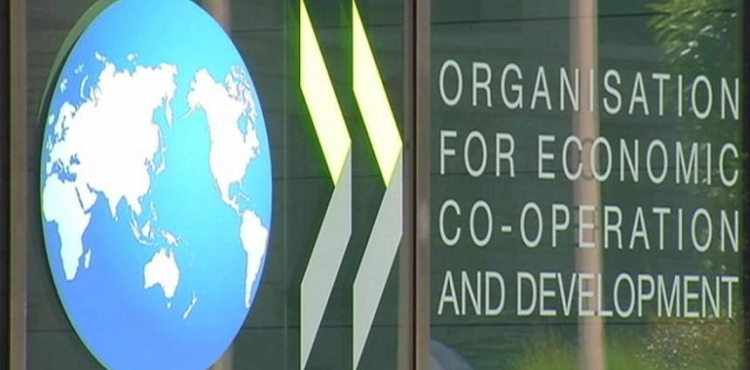The Organization for Economic Co-operation and Development (OECD) warned in a study published Wednesday of the "worrying declination" of development aid in 2018, especially to the countries most in need, because donor countries have not met their "commitments".
According to the organization, the value of development aid fell by 2.7% last year from 2017, and adjusted to 149.3 billion dollars.
The study noted that the "bilateral assistance" of the least developed countries fell by 3% and reached 4% for Africa.
These comparisons were obtained by adopting a traditional method of calculating financial flows. The Paris-based organization has resorted to this calculation in order to better calculate the actual transfers of aid. This method showed that total development assistance expenditures totaled $ 153 billion last year.
"This decline in public aid is particularly worrisome because it comes after data showing that private contributions to development are also declining," a statement from OECD Secretary-General Angel Gurria was quoted as saying.
"Donor countries´ failure to meet their commitment to increase development funding for 2015 paves the way for our ability to achieve the sustainable development goals of 2030 to be weak," he warned.
The value of aid in some 12 countries fell last year, mainly because of the "drop in arrivals". The most notable Declarations were observed in Austria, Finland, Greece, Japan and Portugal, according to FAO. On the other hand, 17 donor countries have increased their contributions, including Hungary, Iceland and New Zealand, the countries with the most "marked increase" in aid. According to OECD data, the ratio of development assistance in France rose by 4.4%, "due to the total increase in aid programs", amounting to 12.2 billion dollars.
But they measure only 0.43% of GNI, far from the target of 0.7%.
Some countries, such as Sweden (1.04%), Luxembourg (0.98%), Norway (0.94%), Denmark (0.72%) and Britain (0.7%).
Outside the OIC Member States, the percentage of development assistance in Turkey was 1.1% of GNI, and in the United Arab Emirates, 0.95%.












